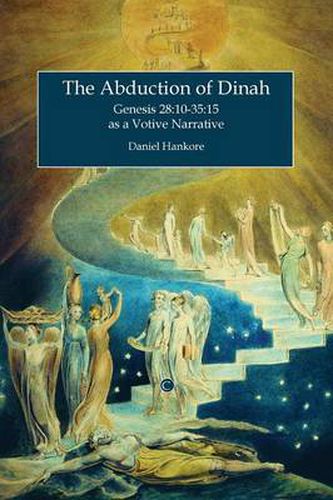Readings Newsletter
Become a Readings Member to make your shopping experience even easier.
Sign in or sign up for free!
You’re not far away from qualifying for FREE standard shipping within Australia
You’ve qualified for FREE standard shipping within Australia
The cart is loading…






The process of understanding a text from the narrator’s point of view is crucial for the tasks of interpreting and translating the Bible. If the translator’s understanding of a narrative from the narrator’s point of view is erroneous, then the whole process of translating the message into another language may also fall into error. This poses Bible translators a difficult challenge: ‘How can we understand the narrator’s point of view of the biblical stories which are culturally, geographically, and historically remote from our own?’ Understanding a text from the narrator’s point of view must precede the translation process. In this work Hankore presents an argument for the intended utterance of Genesis 28:10-35:15 before proposing in brief how to translate it. By following this process, Hankore shows that a correct understanding of the concept of the ancient Israelite vow in the framework of a social institution is fundamental to reading and translating Genesis 28:10-35:15, and goes on to show how this same votive framework assists an explanation of the relevance of Genesis 34 to the Jacob story.
$9.00 standard shipping within Australia
FREE standard shipping within Australia for orders over $100.00
Express & International shipping calculated at checkout
The process of understanding a text from the narrator’s point of view is crucial for the tasks of interpreting and translating the Bible. If the translator’s understanding of a narrative from the narrator’s point of view is erroneous, then the whole process of translating the message into another language may also fall into error. This poses Bible translators a difficult challenge: ‘How can we understand the narrator’s point of view of the biblical stories which are culturally, geographically, and historically remote from our own?’ Understanding a text from the narrator’s point of view must precede the translation process. In this work Hankore presents an argument for the intended utterance of Genesis 28:10-35:15 before proposing in brief how to translate it. By following this process, Hankore shows that a correct understanding of the concept of the ancient Israelite vow in the framework of a social institution is fundamental to reading and translating Genesis 28:10-35:15, and goes on to show how this same votive framework assists an explanation of the relevance of Genesis 34 to the Jacob story.